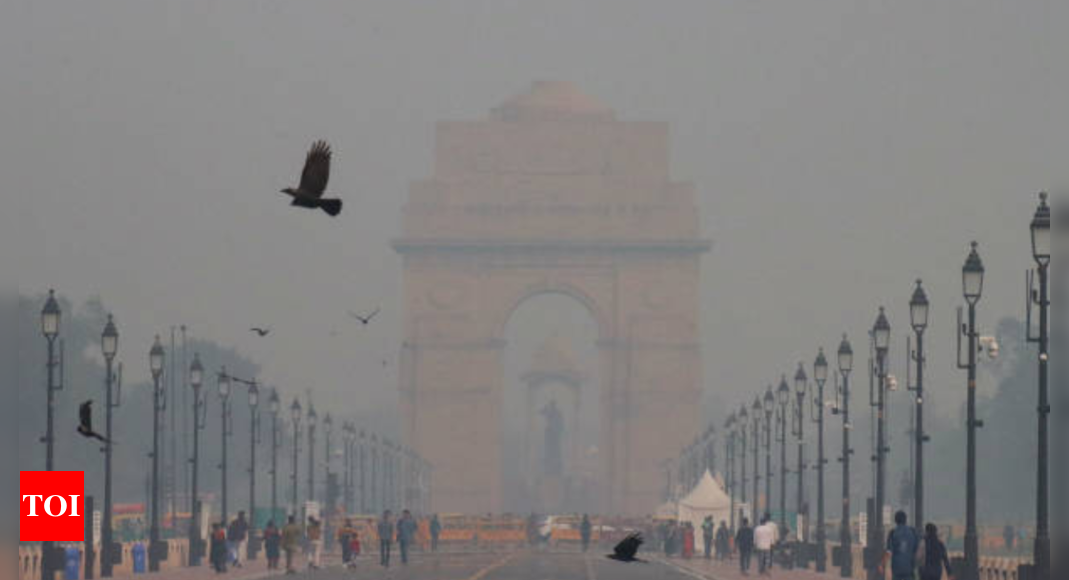Review Study Finds Short-Term and Long-Term Effects of Pollution Exposure

A recent study published in the International Journal of Environmental Health Research in 2019 by Indian researchers has found that short-term exposures to ambient pollutants have a significant association between COPD (Chronic Obstructive Pulmonary Disease), respiratory illnesses, and higher rates of hospital admission or visit. The long-term effects of ambient air pollution are associated with deficits in lung function, asthma, heart attack, cardiovascular mortality, and premature mortality.
According to Dr. Ravi Dosi, Consultant, Pulmonary Medicine, Kokilaben Dhirubhai Ambani Hospital, Indore, pollutants such as PM2.5 and nitrogen dioxide are the main causes of prolonged exposure to respiratory diseases that lead to heart problems like hypertrophic cardiomyopathy and stroke. The poor air quality is also a causative factor for the aggravation of systemic inflammation, which may be a malfunction in the blood vessels and the heart, risk factors for the elderly and those who have diseases.
The World Health Organization (WHO) has warned that long-term exposure to elements with high levels of pollution can cause not only respiratory and vascular diseases but also mental health problems. A low AQI (Air Quality Index) might also be the cause of relapsing of mental problems due to physical health issues getting worse. The aged, children, and those people with existing diseases are the most exposed to these long-term risks.
The study highlights that chronic exposure to pollutants can sometimes cause irreversible changes not only in the respiratory system but also increase the risk of vascular events in the brain and heart, leading to higher mortality from diseases like MI (Myocardial Infarction) and stroke. Pregnant women are also exposed to the risk of preterm deliveries and low birth weight by babies due to increased exposure to toxic air.
Complications of Delhi's Air Pollution:
- Chronic respiratory diseases like asthma, bronchitis, and chronic obstructive pulmonary disease
- Cardiovascular problems, such as hypertension, heart attack, and stroke
- Deficits in lung function, especially in the aged, children, and diabetic patients
- Increased risk of vascular events in the brain and heart
- Mental health problems like depression and anxiety
What Can We Do?
- Wear masks when outdoors during peak pollution hours
- Stay indoors with air conditioning or ventilation systems
- Avoid physical activities that exacerbate respiratory issues
- Monitor AQI indexes regularly
- Support initiatives to improve air quality in Delhi NCR
